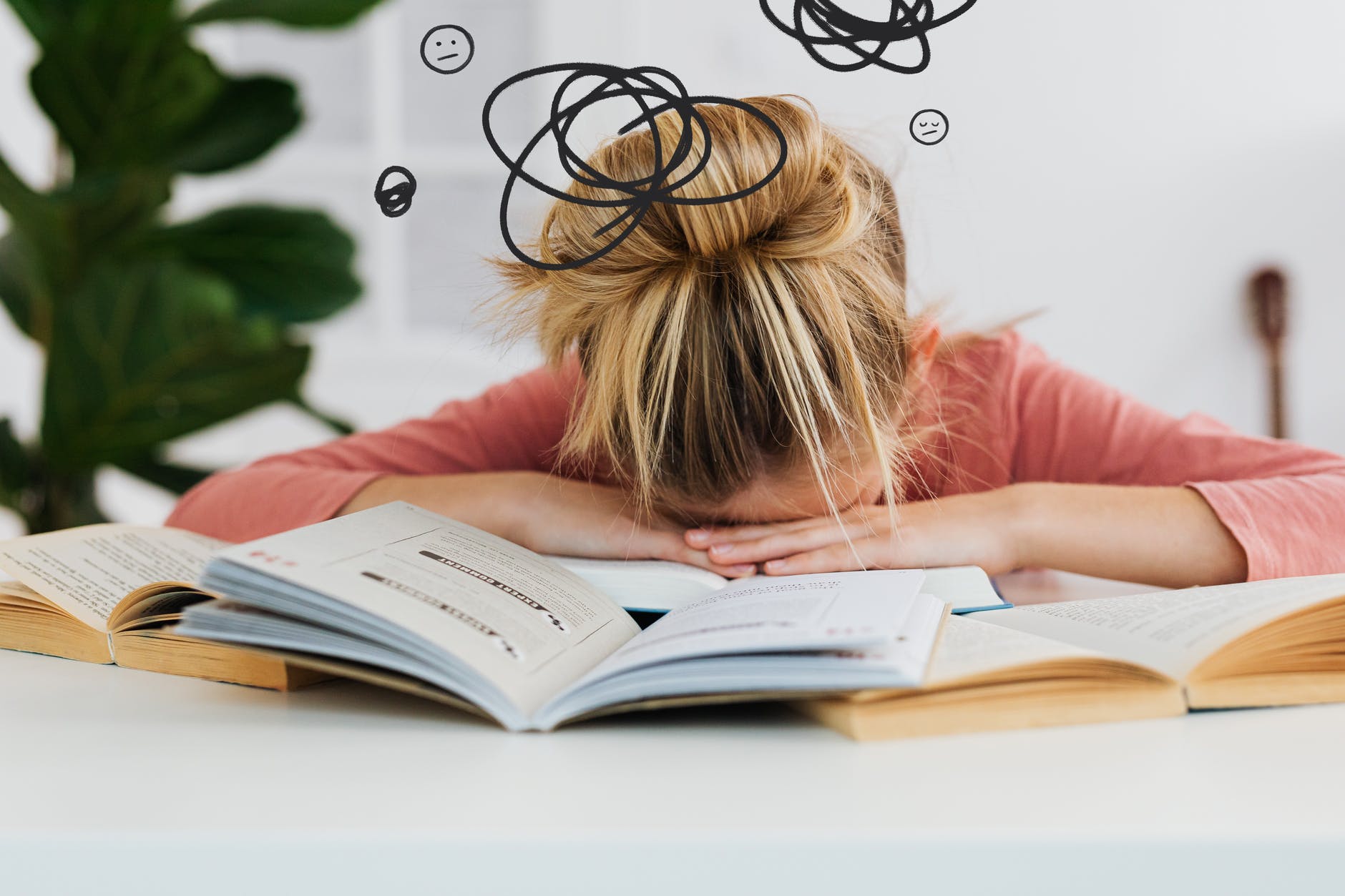Dizziness and vertigo are common symptoms that can be caused by many different things. However, there is no blood test for these problems, so it can be difficult to determine what the cause really is. In this article, you will learn about the various symptoms of dizziness and vertigo, what causes them, and possible treatments.
What is Dizziness and Vertigo?
Dizziness and vertigo are common sensations that affect a broad range of people. These sensations can cause significant disruption in everyday life, but will often pass on their own with time. When these symptoms persist, it is important to seek treatment from a healthcare professional who can provide you with the best care and should be able to diagnose any underlying causes.
What sets Vertigo apart from regular dizziness?
Vertigo is also called disequilibrium or disequilibrium syndrome and is a spinning sensation, feeling of motion, or the illusion of motion caused by a conflict between the vestibular and visual systems. This is when the inner ear sends conflicting information to the brain. While vertigo and dizziness are not exactly the same thing, they can sometimes happen simultaneously.
Vertigo is a sensation of spinning or spinning objects that can come on suddenly or gradually. It’s also referred to as “dizziness” and it can have various causes including rapid head movement, otitis media, tumor, stroke, vestibular dysfunction, medication effects, and more. If you experience dizziness or vertigo that lasts for more than 24 hours then it’s wise to seek medical attention.
Causes of Dizziness and Vertigo
Dizziness and vertigo are two common symptoms of many different types of problems such as a stroke or an inner ear infection. According to the American Academy of Neurology, dizziness and vertigo affect about twenty-five percent of the population in their lifetime. Dizziness and vertigo are caused by changes in your inner ear’s balance system which can happen for a number of reasons including physical injuries to the head and neck, cancer treatment, infections, strokes, and high blood pressure.
Related Reading: The Symptoms Of Chills And Shivering
Dizzies are typically treated with medication or surgery but if these don’t work you can try an over the counter pain reliever like Ibuprofen along with stretching exercises. Dizziness is a sensation of lightheadedness, unsteadiness, or blurred vision. Dizziness is usually harmless and temporary, lasting only for a few minutes to a few hours. However, the symptoms may persist for longer periods of time if caused by more serious conditions such as an inner ear infection (otitis media), brain tumor, stroke, or multiple sclerosis.
Prevention of Dizziness and Vertigo
Dizziness is a sensation of spinning or light-headedness. It usually occurs when you are sitting or standing with your eyes closed and it can be caused by many things such as: dehydration, low blood sugar, high blood pressure, sleep deprivation and alcohol consumption. The most important thing to do when experiencing this symptom is to get up slowly from the affected position and move in a safe direction where you won’t risk falling. There are also natural remedies that can help ease the symptoms like apple cider vinegar, ginger, green tea and vitamin B12
Treatments for Dizziness and Vertigo
Dizziness and vertigo are a common side effect of many illnesses and disorders. Some causes for dizziness are due to inner ear problems, eye diseases that lead to double vision, or brain tumors. There are also some medications known to cause dizziness like antihistamines, anesthetics, and narcotics. The treatment for dizziness changes depending on the cause and severity.
Final Note
Dizziness and vertigo are often treated with drug-based therapies that can provide either temporary or permanent treatment for the condition. These medications can be dangerous if not used correctly and in combination with other treatments.
Source : Wikipedia
